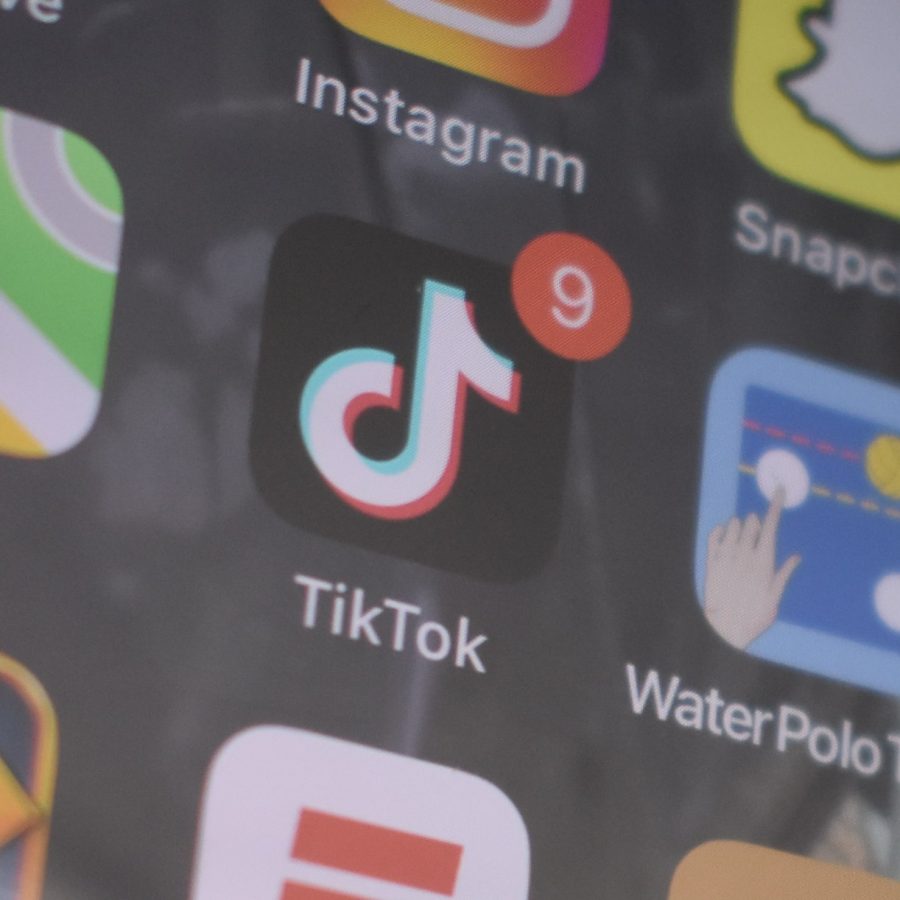New guidelines from TikTok leave Lincoln psychologists unconvinced
TikTok has recently established a screen time limit that restricts users under 18 from exceeding 60 minutes of use, however, the policy comes with imperfections and parts that could be improved on.
March 16, 2023
The social media app cited as a reason for phone overuse, TikTok, recently created new guidelines to combat the issue. At the beginning of March, the company officially established a time limit for users under 18 years of age.
According to an official post published on the TikTok Newsroom by Head of Trust and Safety, Carmac Keenan, the company consulted the Digital Wellness Lab at the Boston Children’s Hospital for guidance.
“If the 60-minute limit is reached, teens [over 13] will be prompted to enter a passcode in order to continue watching, requiring them to make an active decision to extend that time,” said Keenan.
A notable part of the new policy is that people over 13 can still spend as much time as they please on TikTok without adult approval. Their justification was that they would make an ‘active decision’ to do so, putting them in control. Lincoln’s psychologist, Karen Muska, has noticed this flaw in the policy.
“Until there’s a little more teeth behind it, we’ll probably not see that many changes in behavior [of students],” said Muska.
In an informal survey of 83 Lincoln high school students’ TikTok usage through the screen time app, it was deduced that on average, they spent 65 minutes on the app. The same survey also found that students spent about an hour and a half or 90 minutes doing homework each day.
In another study published by Wallaroo Media, TikTok users across the country averaged 95 minutes a day. To International Baccalaureate Psychology teacher, Steve Lancaster, these numbers are the reason as to why he has begun to include more information on social media use in the class curriculum.
“I have explicitly incorporated a full unit of IB psychology in the first year that explains exactly what the psychological formulas are that are baked into social media,” said Lancaster.
Going forward, it seems necessary for TikTok to update these guidelines in order to better manage the screentime of students. For users not over 13, the app requires parents to enter the password. While this can be imposed for highschool students, Muska does not see it as the solution.
“I do think having the independence to make the decision yourself is more important, adding to the bigger conversation about the pros and cons of social media use and helping students feel empowered to make the decision,” said Muska.





